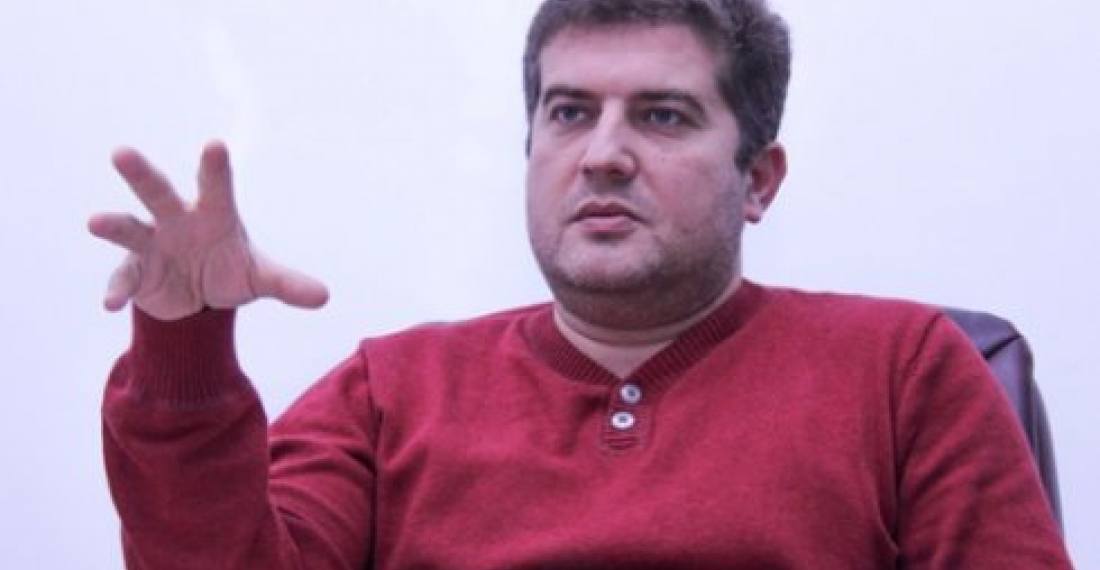"REAL is ready for dialogue and co-operation with the government. Sooner or later the dialogue will come. REAL is ready to go all the way". This was stated by Erkin Gadirli, the Secretary for Foreign Relations of Azerbaijan's REAL Movement at a meeting in Chatham House in London on Wednesday, 14 November.
Gadirli said that one of the main constitutional changes adopted in the 2016 referendum was to give a right for the president to dissolve parliament. Since the present parliament is completely compliant with the President's wishes, the amendments can only be understood as preparing the way for a more pluralistic parliament. At the same time there were also interesting dynamics going on within the governing elite. The old guard was being challenged by a new generation that is becoming increasingly dominant.
Gadirli said he thought competitive elections were now possible, and REAL hoped to gain enough seats in the next parliament to form a separate faction. Challenged if this was "wishful thinking", Gadirli said he of course could not be sure of the government's intentions. However the government has had to adapt to the new economic realities. It can no longer govern through clientelism. Like the monarchy in 17th century France it has moved against powerful oligarchs. One very positive development was that the ASAN system has eliminated petty corruption. One could also see that in non-political cases - in economic cases, the judiciary was starting to act more independently.
Gadirli said that REAL was not seeking to become a mass party. Instead it wanted to remain a tightly knit movement that builds networks and alliances, and that has the flexibility to use different tactics. The return from prison of REAL's chairman, Ilgar Mammedov now gives the movement the necessary strength and legitimacy to move forward.
The expert roundtable with the theme "The political situation in Azerbaijan: an update" was held at Chatham House on Wednesday, 14 November 2018. It was chaired by Dr Laurence Broers. Other speakers at the roundtable were Arzu Geybullayeva and Zaur Shiriyev.
source: commonspace.eu
photo: Erkin Gadirli (archive picture)







